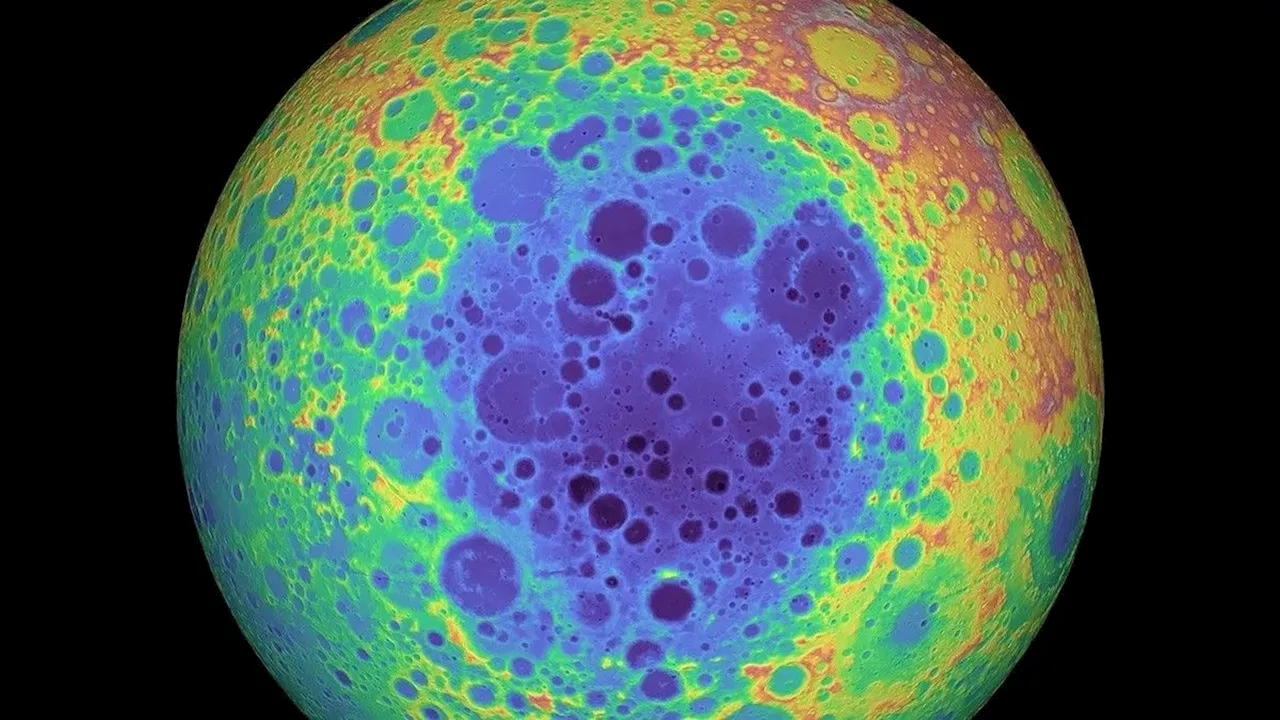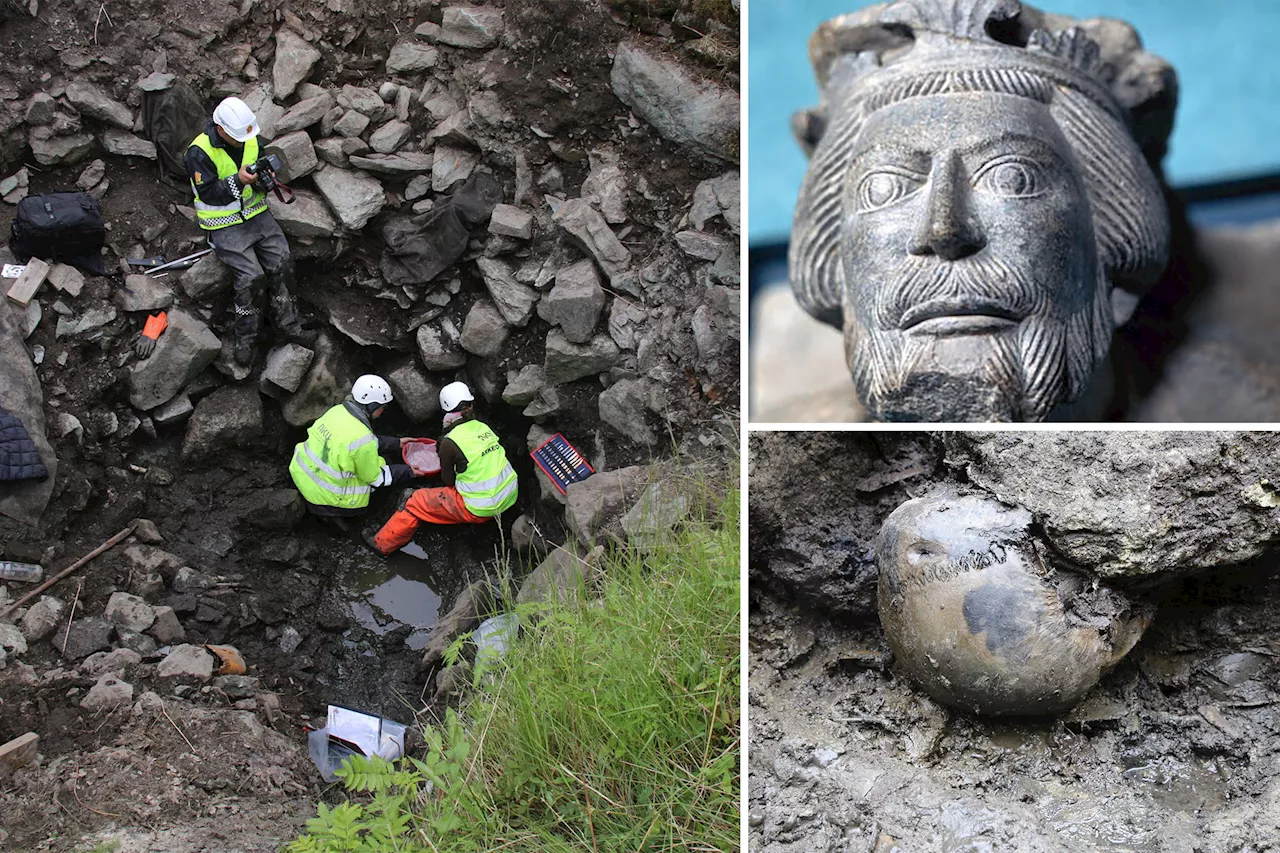A common way ecologists predict population counts may be an unreliable way of forecasting future bird counts in urban areas, meaning scientists may be overestimating and underestimating the losses of certain species.
As bird populations dwindle across the globe, a new study from University of Vermont researchers suggests some species may be more flexible to habitat changes than previously understood, creating new opportunities for supporting populations through city planting efforts.
Brian Beckage, a professor with joint appointments in UVM's Department of Plant Biology and Computer Science, and a co-author of the study, says the study's results reflect the nature of complex systems."Whenever you're fitting a model to a dataset at one point in time, there are a lot of other things going on in the environment … and so you're conditioning on a lot of things that you're not really aware you're conditioning on.
"It can improve the quality of the environment for people; it can directly mitigate climate change because trees absorb more carbon; it can mitigate local effects of climate change like heat because it provides more shade," Beckage explains."It can also provide more habitat for birds. It also gives people agency to make the world better in all these different ways by doing something that's not that hard to do.
For instance, certain birds, like the Pacific Wren, appear finicky. During the breeding season, they nest in large forest expanses in British Columbia. However, Eyster found the wrens venture into new territory in the fall and winter."They're moving into people's cedar hedgerows in their yards. They move into these completely different landscapes," he says,"and we've actually seen an increase in how they're using the rest of these cities.
Birds Wild Animals New Species Bird Flu Research Ecology Research Zoology Endangered Animals
United States Latest News, United States Headlines
Similar News:You can also read news stories similar to this one that we have collected from other news sources.
 Japanese Scientists Just Launched the First Wooden Satellite Into SpaceJapanese scientists just launched the first wooden satellite, called LignoSat, to the International Space Station where it'll head into orbit.
Japanese Scientists Just Launched the First Wooden Satellite Into SpaceJapanese scientists just launched the first wooden satellite, called LignoSat, to the International Space Station where it'll head into orbit.
Read more »
 Scientists want to shoot $200 trillion of diamond dust into space to stop global warmingA new possible global warming solution could see us shooting tons of diamond dust into the atmosphere. But would it actually help?
Scientists want to shoot $200 trillion of diamond dust into space to stop global warmingA new possible global warming solution could see us shooting tons of diamond dust into the atmosphere. But would it actually help?
Read more »
 Scientists have dated the moon's oldest, and largest, impact siteSpace.com contributing writer Stefanie Waldek is a self-taught space nerd and aviation geek who is passionate about all things spaceflight and astronomy.
Scientists have dated the moon's oldest, and largest, impact siteSpace.com contributing writer Stefanie Waldek is a self-taught space nerd and aviation geek who is passionate about all things spaceflight and astronomy.
Read more »
 Scientists Revive Pig Brains an Hour After Death With Experimental MethodBy keeping the livers of Tibetan minipigs functionally alive, the researchers were able to extend the window of brain resuscitation.
Scientists Revive Pig Brains an Hour After Death With Experimental MethodBy keeping the livers of Tibetan minipigs functionally alive, the researchers were able to extend the window of brain resuscitation.
Read more »
 Scientists say the slime in your dishwasher could unlock a solution to global warmingScientists have scoured the depths of the ocean and outer space for microbes to help slow global warming. They're now looking at a new and unlikely place - inside your home.
Scientists say the slime in your dishwasher could unlock a solution to global warmingScientists have scoured the depths of the ocean and outer space for microbes to help slow global warming. They're now looking at a new and unlikely place - inside your home.
Read more »
 Norwegian scientists uncover disturbing details about 800-year-old corpse dumped in castle wellWeird But True 10/25/24
Norwegian scientists uncover disturbing details about 800-year-old corpse dumped in castle wellWeird But True 10/25/24
Read more »
